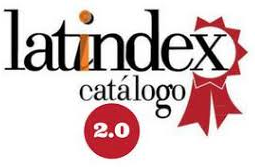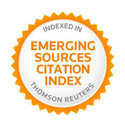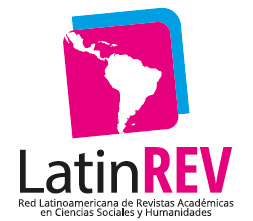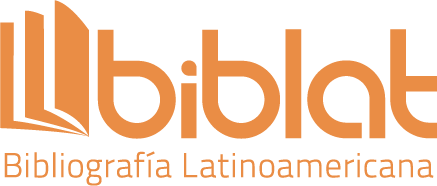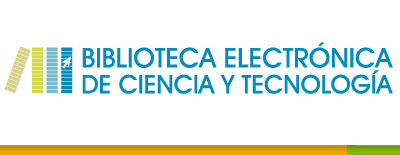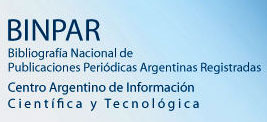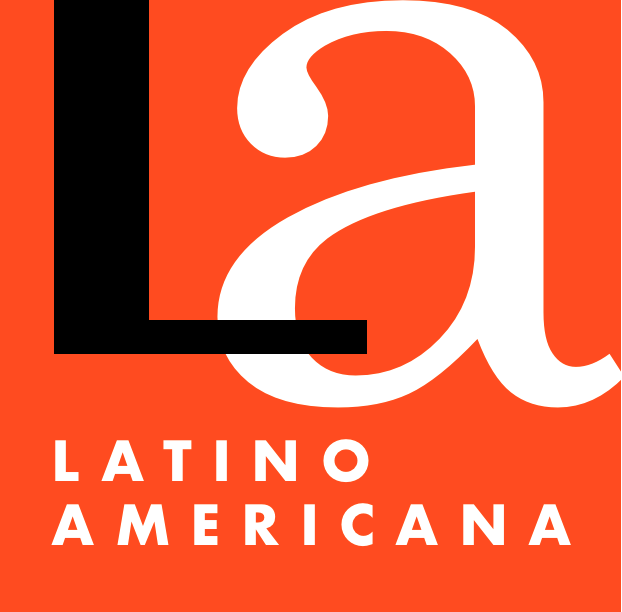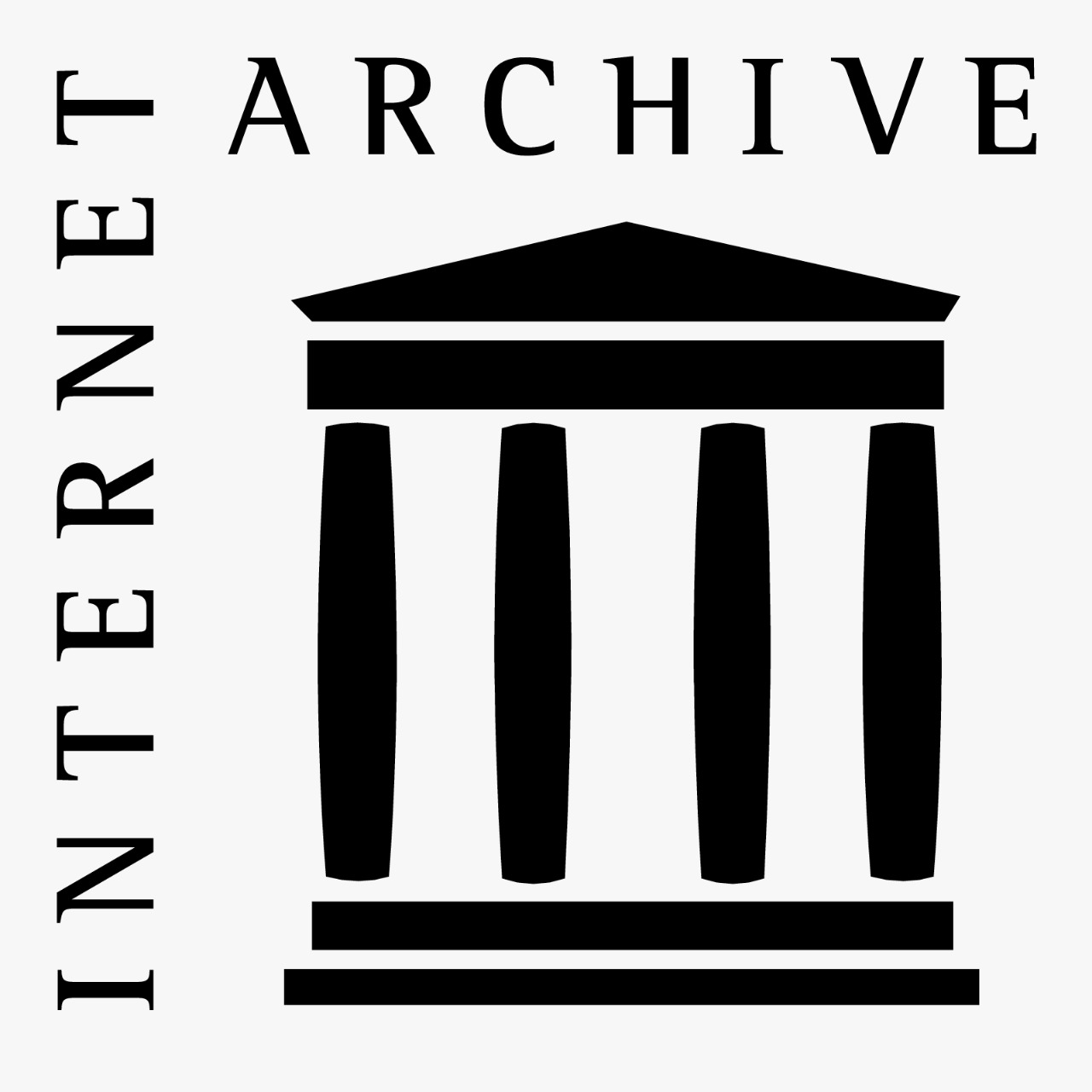A chamada objetividade dos meios de comunicação e suas consequências paradoxais para a verdade
DOI:
https://doi.org/10.26422/aucom.2013.0201.zanPalavras-chave:
objetividade, hermenêutica, fenomenologia, verdade, giro linguístico, giro hermenêuticoResumo
Neste trabalho propõe-se um paradigma da comunicação em contraposição ao paradigma positivista da informação que é dominante da práxis da comunicação social. Desse modo, harmoniza-se a verdade com a presença da interpretação do emissor e do destinatário das mensagens, como também com o nível pragmático do significado e os jogos da linguagem. Conclui-se com uma série de consequências teóricas e práticas para a comunicação social.
Downloads
Referências
Ayer, A. J. (1965). El positivismo lógico. México: Fondo de Cultura Económica.
Cantor, P. A. (2008). “From Shakespeare to Wittgenstein: ‘Darmok’ and cultural literacy” (p. 3-17). En: Eberl, J. T.; Decker, K. S. (eds.). Star Trek and philosophy: the wrath of Kant. Chicago: Open Court.
Carnap, R. (1992). Autobiografía intelectual. Barcelona: Paidós Ibérica.
Carrier, M. (2012), “Historical approaches: Kuhn, Lakatos and Feyerabend” (p. 132-151). En: Brown, J. R. (ed.). Philosophy of science: the key thinkers. London and New York: Continuum.
Comte, A. (1982). Discurso sobre el espíritu positivo. Buenos Aires: Aguilar.
Descartes, R. (1979). Discurso del método [y] Meditaciones metafísicas. Madrid: Espasa-Calpe.
Elizalde, L. (2003). Comunicación de masas y espacio público en Habermas. Buenos Aires: Universidad Austral.
Feyerabend, P. (1981). Tratado contra el método. Madrid: Tecnos.
Feyerabend, P. (1982). La ciencia en una sociedad libre. Buenos Aires: Siglo XXI.
Feyerabend, P. (1989). Diálogo sobre el método. Madrid: Cátedra.
Feyerabend, P. (1991). Diálogos sobre el conocimiento. Madrid: Cátedra.
Feyerabend, P. (1992). Adiós a la razón. Madrid: Tecnos.
Feyerabend, P. (1995). Killing time. Chicago: University of Chicago Press.
Feyerabend, P. (2001). La conquista de la abundancia. Barcelona: Paidós Ibérica.
Gadamer, H. G. (1991). Verdad y método I. Salamanca: Sígueme.
Gadamer, H. G. (1993). El problema de la conciencia histórica. Madrid: Tecnos.
Gadamer, H. G. (1998). El giro hermenéutico. Madrid: Cátedra.
Habermas, J. (1987). Teoría de la acción comunicativa. Racionalidad de la acción. Taurus: Madrid.
Heidegger, M. (1997). Ser y tiempo. Santiago de Chile: Editorial Universitaria.
Hempel, C. (1981). Filosofía de la ciencia natural. Madrid: Alianza.
Hempel, C. (2005). La explicación científica. Barcelona: Paidós Ibérica.
Hume, D. (1985). A treatise of human nature. Oxford: Oxford University Press.
Husserl, E. (1970). The crisis of European sciences. Evanston: Northwestern University Press.
Husserl, E. (1986). Ideas relativas a una fenomenología pura y una filosofía fenomenológica. México: Fondo de Cultura Económica.
Husserl, E. (1986). Meditaciones cartesianas. Madrid: Tecnos.
Husserl, E. (1989). Ideas pertaining to a pure phenomenology and to a phenomenological philosophy: second book. Dordrecht: Kluwer.
Kant, I. (1945). Crítica de la razón pura. Buenos Aires: Sopena. Koyré, A. (1977). Estudios de historia del pensamiento científico. Buenos Aires: Siglo XXI.
Koyré, A. (1979). Del universo cerrado al universo infinito. Buenos Aires: Siglo XXI.
Kuhn, T. (1971). La estructura de las revoluciones científicas. México: Fondo de Cultura Económica.
Kuhn, T. (1966). La revolución copernicana. Madrid: Orbis.
Kuhn, T. (1989a). Qué son las revoluciones científicas y otros ensayos. Barcelona: Paidós Ibérica.
Kuhn, T. (1989b). La tensión esencial. México: Fondo de Cultura Económica.
Kuhn, T. (2000). The road since structure. Chicaco: University of Chicago Press.
Lakatos, I. (1989). La metodología de los programas de investigación científica. Madrid: Alianza.
Leocata, F. (1987). El hombre en Husserl. Sapientia, 42, 345-370.
Leocata, F. (2000). Idealismo y personalismo en Husserl. Sapientia, 55 (207), 397-429.
Leocata, F. (2003). Persona, lenguaje, realidad. Buenos Aires: Editorial de la Universidad Católica Argentina (EDUCA).
Leocata, F. (2007). Estudios sobre fenomenología de la praxis. Buenos Aires: Proyecto.
Leocata, F. (2010). Filosofía y ciencias humanas. Buenos Aires: Editorial de la Universidad Católica Argentina (EDUCA).
Llano, A. (1999). El enigma de la representación. Madrid: Síntesis.
Mill, J. S. (1882). A system of logic. New York: Harper.
Muñoz Torres, J. R. (1995). Objetivismo, subjetivismo y realismo como posturas epistemológicas sobre la actividad informativa. Comunicación y Sociedad. Pamplona, España, 8, 2, 141-171.
Nagel, E. (2006). La estructura de la ciencia. Barcelona: Paidós Ibérica.
Popper, K. (1983). Conjeturas y refutaciones. Barcelona: Paidós Ibérica.
Popper, K. (1985). La lógica de la investigación cientifica. Madrid: Tecnos.
Popper, K. (1988). Conocimiento objetivo. Madrid: Tecnos.
Ricoeur, P. (2010). Del texto a la acción. Buenos Aires: Fondo de Cultura Económica.
Santo Tomás de Aquino (1940). El ente y la esencia. Buenos Aires: Universidad de Buenos Aires. Instituto de Filosofía.
Schutz, A. (1967). The phenomenology of the social word. Chicago: Northwestern University Press.
Schutz, A. (1970). On phenomenology and social relations. Chicago: University of Chicago Press.
Schutz, A. (2003a). Las estructuras del mundo de la vida. Buenos Aires: Amorrortu.
Schutz, A. (2003b). Estudios sobre teoría social II. Buenos Aires: Amorrortu.
Wittgenstein, L. (1988). Investigaciones filosóficas. Barcelona: Crítica.
Wittgenstein, L. (2000). Sobre la certeza. Bacelona: Gedisa.
Zanotti, G. (2002). Feyerabend en serio. Studium, 5, 10, 85-198. Reimpreso en: Dolfi, M. (comp.) (2006). Homenaje a Alberto Moreno. Buenos Aires: Editorial Universitaria de Buenos Aires (EUDEBA).
Zanotti, G. (2005). Hacia una hermenéutica realista: ensayo sobre una convergencia entre Santo Tomás, Husserl, los horizontes, la ciencia y el lenguaje. Buenos Aires: Universidad Austral.
Zanotti, G. (2009). Thomas Kuhn: el paso de la racionalidad algorítmica a la racionalidad hermenéutica. Revista de Análisis Institucional, 3, 1-56.
Zanotti, L. J. (1972). Etapas históricas de la política educativa. Buenos Aires: Editorial Universitaria de Buenos Aires (EUDEBA).
Downloads
Publicado
Edição
Seção
Licença
Os autores detêm os direitos autorais e garantem à revista o direito de ser a primeira publicação do trabalho. Caso uma tradução do artigo já publicado na Austral Comunicación possa ser publicada em outra revista, solicita-se registrar a publicação original na versão traduzida.
A licença utilizada é CC BY-NC-SA, que permite compartilhar (copiar e redistribuir o material em qualquer meio e formato) e adaptar (remixar, transformar e construir sobre o material) nos seguintes termos: atribuição (reconhecer a autoria) e não comercial (o material não pode ser usado para fins comerciais). Atualização: 1 de fevereiro de 2022.
A Austral Comunicación permite ao (s) autor (es) reter os direitos de publicação sem restrições.






